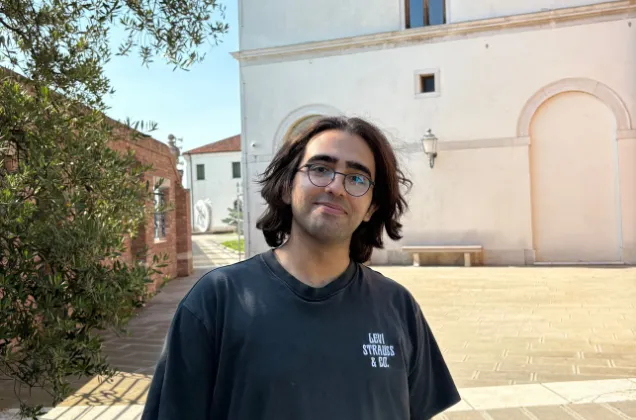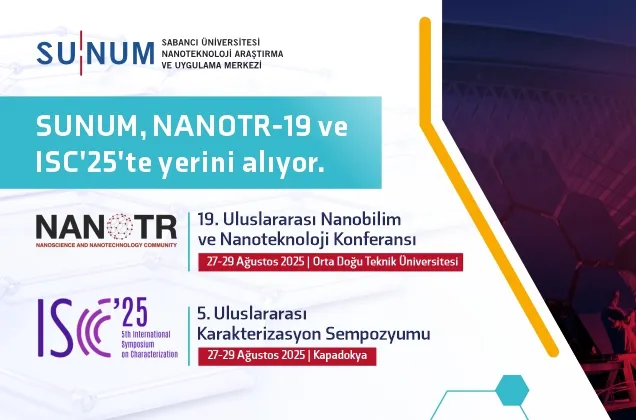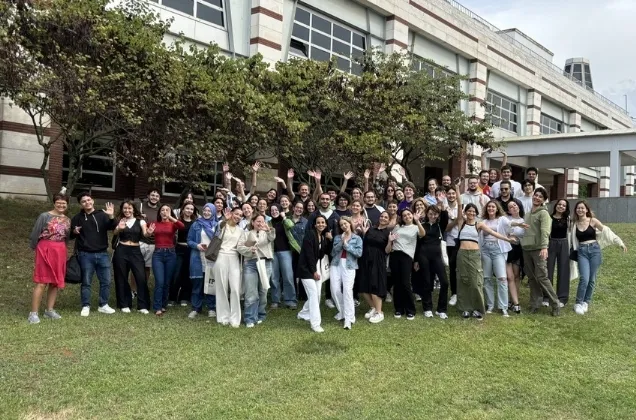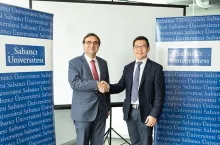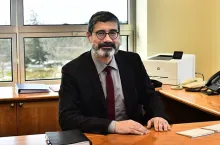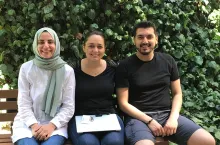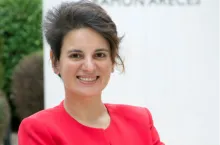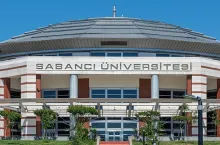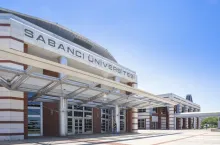The results of the 2019/1 call period of the TÜBİTAK Individual Young Entrepreneur Program (BiGG), which provides grants up to TL 200,000 to entrepreneurs with technology-based business ideas, were announced. The first stage of the TÜBİTAK BiGG program is being implemented by 30 implementers across Turkey, and Sabancı University Inovent became the most successful implementer of 2019 with 70% success rate in the 2019/1 call.

Seven out of 10 entrepreneurs chosen by Sabancı Üniversitesi Inovent among 289 submissions to receive mentorship, pre-incubation, training and market development support for 3 months, will be eligible for grants up to TL 200,000 within the TÜBİTAK BiGG program. Of the 7 entrepreneurs, one is a post-doctoral researcher at Sabancı University, and two are Sabancı University graduates.
Implementer institutions received submissions from 4194 entrepreneurs for the 2019/1 call period of the BiGG Program. Among them, 1589 advanced to the first stage of business plan writing support, and 395 of the first stage participants were chosen by TÜBİTAK for the second stage panels. Following the assessment of jury panels composed of academics, industrialists and investors, 155 entrepreneurs were chosen for TL 200,000 in tech-based venture capital support for the 1st call of 2019. The overall support rate for the 2019/1 call was 39% while Sabancı University Inovent had the highest success rate among implementers with 70%.
Inovent General Manager Bülent Bankacı said: “İnovent A.Ş. has been carrying out venture acceleration, technology commercialization and licensing, and national or global business development activities since 2006, and we are delighted to share the experience we have acquired with entrepreneurs, primarily Sabancı University students, faculty, researchers and graduates, who have technology-based business ideas through the BiGGinner program. This adds value to Turkey's entrepreneurship ecosystem, and enables us to render active support to entrepreneurs for access to funding and commercialization of technologies developed at Sabancı University. Our success rate of 70% is a testament to our wealth of knowledge. Our objective is long-term cooperation with entrepreneurs whom we have met through the BiGGinner program, and help them in their endeavors to access global markets.”
Support for Sabancı University researchers and graduates
Sabancı University Faculty of Engineering and Natural Sciences Postdoctoral Researcher Merve Senem AVAZ, Mechatronic Engineering Program 2016 graduate Volga Ozansoy and Energy Technologies and Management 2018 graduate Tümay Solak will receive BiGGinner support.
Sabancı University Inovent is one of the official implementers of “BiGGinner”, or TÜBİTAK’s 1512 Individual Young Entrepreneur Support (BiGG) Program, which is aimed at entrepreneurs who have technology-based business ideas, and includes collection, writing support and pre-assessment, followed by pre-incubation and mentorship for ventures that pass pre-assessment.
Through BiGGinner, Sabancı University aims to "support entrepreneurs with innovation-focused technological ideas through mechanisms based on lean enterprise and market development methodologies, and accompany the entrepreneur on the journey to commercialization with a business plan prepared after technical and market-worthiness of the business idea is confirmed."




